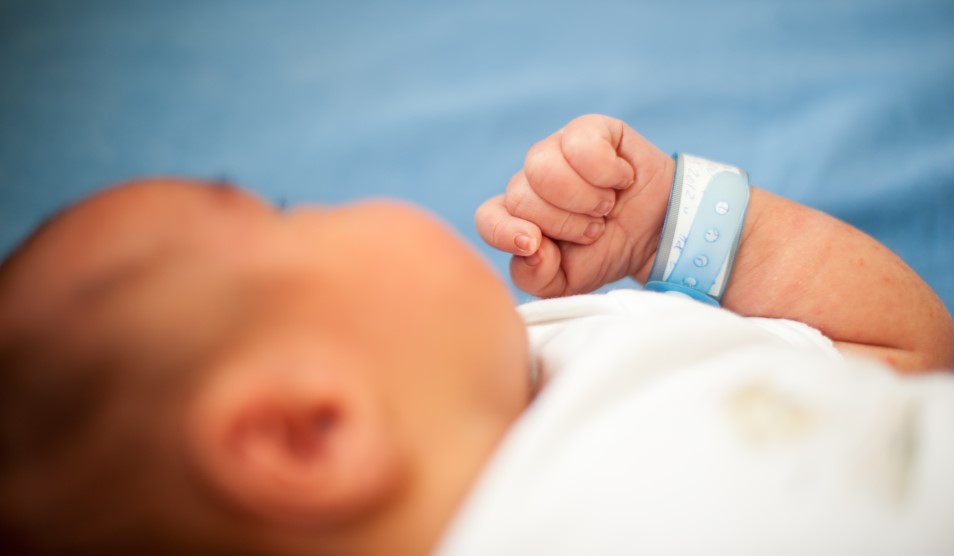Neonatology
Contact
- Outpatients appointments
- 020 3313 4727
Visitor Information
Translation help:
To translate this page into your preferred language, click the Google Translate icon in the top-right menu and select your desired language.
About
We provide care for extremely pre-term babies (less than 27 weeks’ gestation) and more mature babies at Queen Charlotte’s & Chelsea Hospital and St Mary’s Hospital. We also treat newborn babies with complex medical needs, including cardiac and neurological problems, as well as newborn babies with hypoxic ischaemic encephalopathy and retinopathy of prematurity.
We treat extremely pre-term babies in the neonatal intensive care unit at Queen Charlotte’s & Chelsea Hospital. More mature babies born above 27 weeks’ gestation are cared for at St Mary’s Hospital in our local neonatal unit. Both neonatal units provide cooling therapy for term babies with hypoxic ischaemic encephalopathy.
Each year more than 850 babies are admitted to our two neonatal units, making us one of the largest neonatal services in the UK. Our areas of expertise include:
- management of extremely pre-term infants
- respiratory care and early extubation
- neonatal MRI scanner on the neonatal unit
- human milk bank based at Queen Charlotte’s & Chelsea Hospital
We have close links with the fetal medicine unit, clinical genetics and the children’s ambulatory unit at Hammersmith Hospital, which provides an area for neonatal review and assessment. Our two neonatal units contribute to the National Neonatal Audit Programme (NNAP). We are also members of the Vermont-Oxford Network (VON), an international alliance of more than 900 neonatal units. We use data submitted to VON to benchmark our outcomes against neonatal units both in the UK and internationally.
Conditions and treatments
Some of our most common treatments for extremely pre-term babies and newborn babies include:
- all types of ventilation
- hypothermia treatment (cooling therapy)
- nitric oxide
- laser treatment for retinopathy of prematurity
Additional information
Clinical trials and research
Research on the neonatal units is at the forefront of innovative neonatal care and has the potential to improve the quality of care for all our babies. Imperial College Healthcare NHS Trust and Imperial College London are together one of the UK’s first academic health science centres. We are running a number of research studies within neonatology and parents will be offered the opportunity to participate. The main focus of the research is brain development and neuroprotection. Other interests include gastrointestinal microbiota, neonatal cardiology and haematology. Further information on neonatal research is available in the research section of our website.
Education and elective placements
The neonatology division runs an extensive post-graduate educational programme. The Resuscitation Council UK’s Newborn Life Support (NLS) courses are run six times a year and all staff are encouraged to complete this training. We offer elective placement to students aspiring to take on medical training and to foreign medical students. Both the neonatal units provide weekly in-house neonatal simulation training.
Further online resources
Latest news See all news
-
 Read the full story
Read the full storyMajor bronchiolitis trial launches to find the best breathing support for babies
A new national trial will aim to determine the most effective breathing support for babies hospitalised with bronchiolitis.
-
 Read the full story
Read the full storyCelebrating the festive season at our hospitals
Every year, our staff find ways to make the holiday season feel special for patients in our hospitals. After several years where celebrations were limited due to the Covid-19 pandemic, staff across our hospitals are back to decorating their wards…
